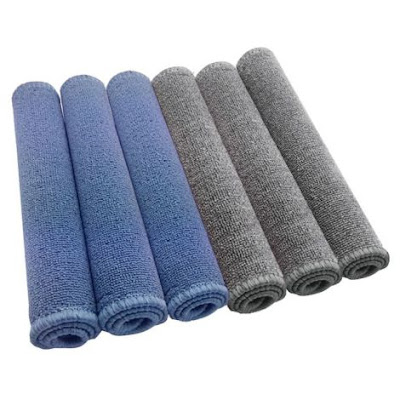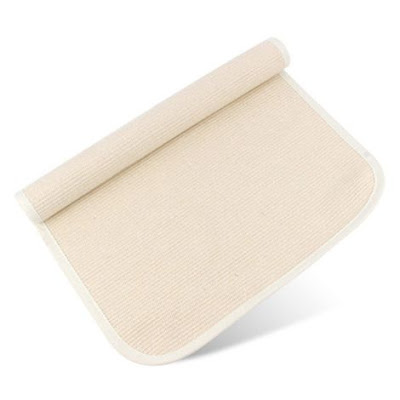In the realm of early childhood education, the Montessori method has emerged as a widely acclaimed approach to fostering holistic development in children. At the heart of this pedagogical philosophy are the carefully designed learning materials and environments. One such integral element is the Montessori Work Rug. These unassuming pieces of fabric hold the power to transform a child's learning experience, promoting independence, concentration, and cognitive growth.
The Montessori Approach: Nurturing Independence and Autonomy
The Montessori Method is built on the belief that
children possess an innate drive for learning and self-development. It
emphasizes hands-on, experiential learning and values the child's ability to
make independent choices. Montessori classrooms are meticulously designed to
facilitate this autonomy, and the Montessori Work Rugs
play a crucial role in this setup.
A Defined Space for
Focus
Montessori Work Rugs are not just pieces of fabric;
they define a child's workspace. These rugs are carefully chosen to provide a
designated area for children to carry out their activities. The distinct
boundary demarcated by the rug helps children develop a sense of spatial
awareness and organization, fostering an environment where they can focus on
their chosen tasks without distractions.
Promoting Concentration
and Order
Children are naturally curious beings, but their
ability to concentrate on a task can be fleeting. Montessori Work Rugs offer a
solution. By confining their activities to the space defined by the rug,
children are better able to concentrate on the task at hand. The rug becomes a
symbolic signal to the child's mind, indicating that this is the space for
exploration and learning.
Cultivating
Responsibility
Responsibility is a life skill that Montessori
education seeks to nurture from a young age. The concept of maintaining one's
workspace neatly within the boundaries of the rug instills a sense of
responsibility in children. They learn to care for their environment, neatly
arranging their materials after use. This lesson extends beyond the rug,
teaching them to be responsible individuals in various aspects of life.
Freedom of Choice and
Exploration
Montessori Work Rugs are not just limited to
academic tasks. They are versatile spaces where children can engage in various
activities, from art and puzzles to practical life exercises. This freedom of
choice encourages children to explore their interests and develop a sense of
agency over their learning journey.
Creating a Sense of
Ownership
The Montessori philosophy places a premium on the
child's role as an active participant in their education. The use of Montessori
Work Rugs strengthens this principle by giving children ownership of their
learning space. This sense of ownership translates to a deeper engagement with
the learning materials and a stronger connection to the learning process.
Enhancing Cognitive
Development
The design of Montessori Work Rugs goes beyond
aesthetics. The rugs often incorporate geometric shapes and patterns, subtly
introducing mathematical concepts. Additionally, the organization and
arrangement of materials within the defined space on the rug foster cognitive
skills such as categorization, spatial reasoning, and sequencing.
In conclusion, Montessori Work Rugs are not mere
pieces of fabric but integral components of an environment carefully crafted to
foster a child's holistic development. These rugs empower children with a sense
of independence, concentration, responsibility, and ownership. They symbolize a
space where exploration, learning, and growth are nurtured in alignment with
the Montessori philosophy. As we embrace the potential of Montessori Work Rugs,
we pave the way for a generation of children who are not just academically
proficient but also confident, self-directed, and eager learners.






No comments:
Post a Comment